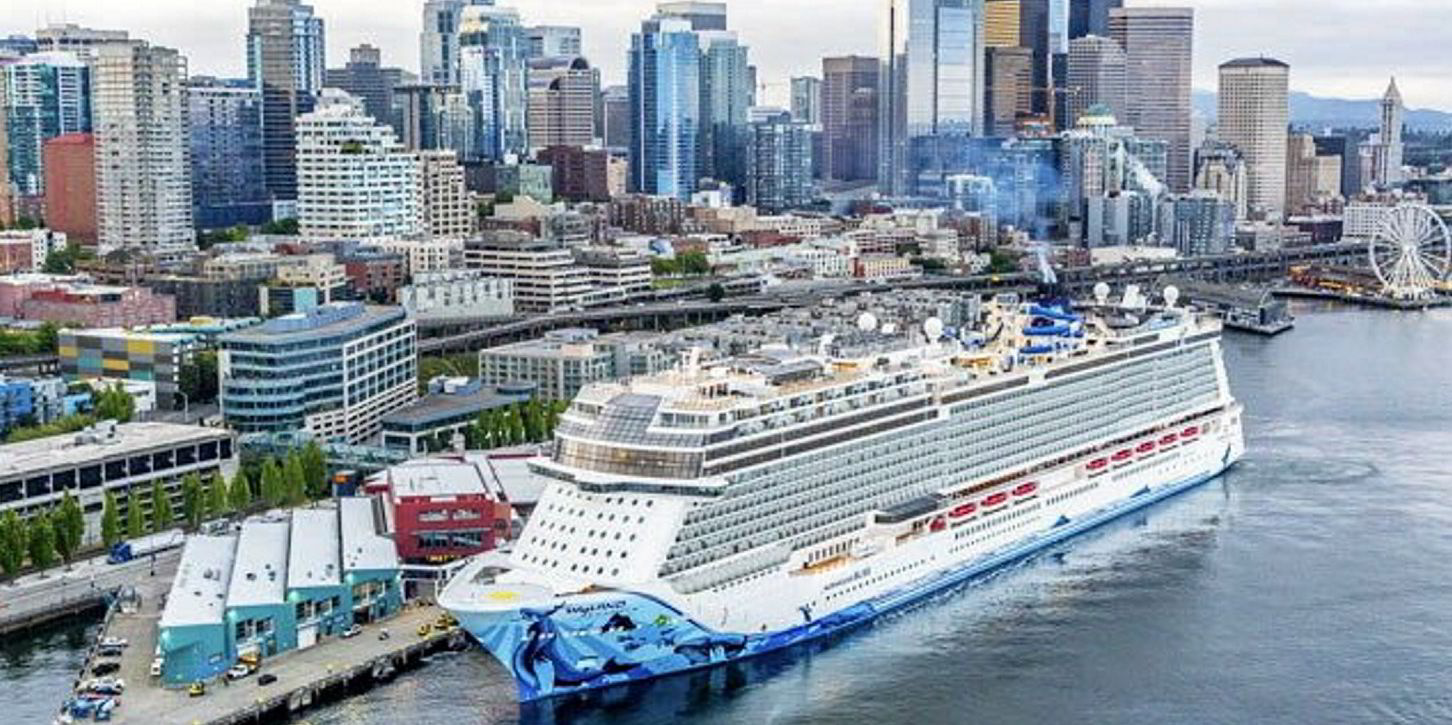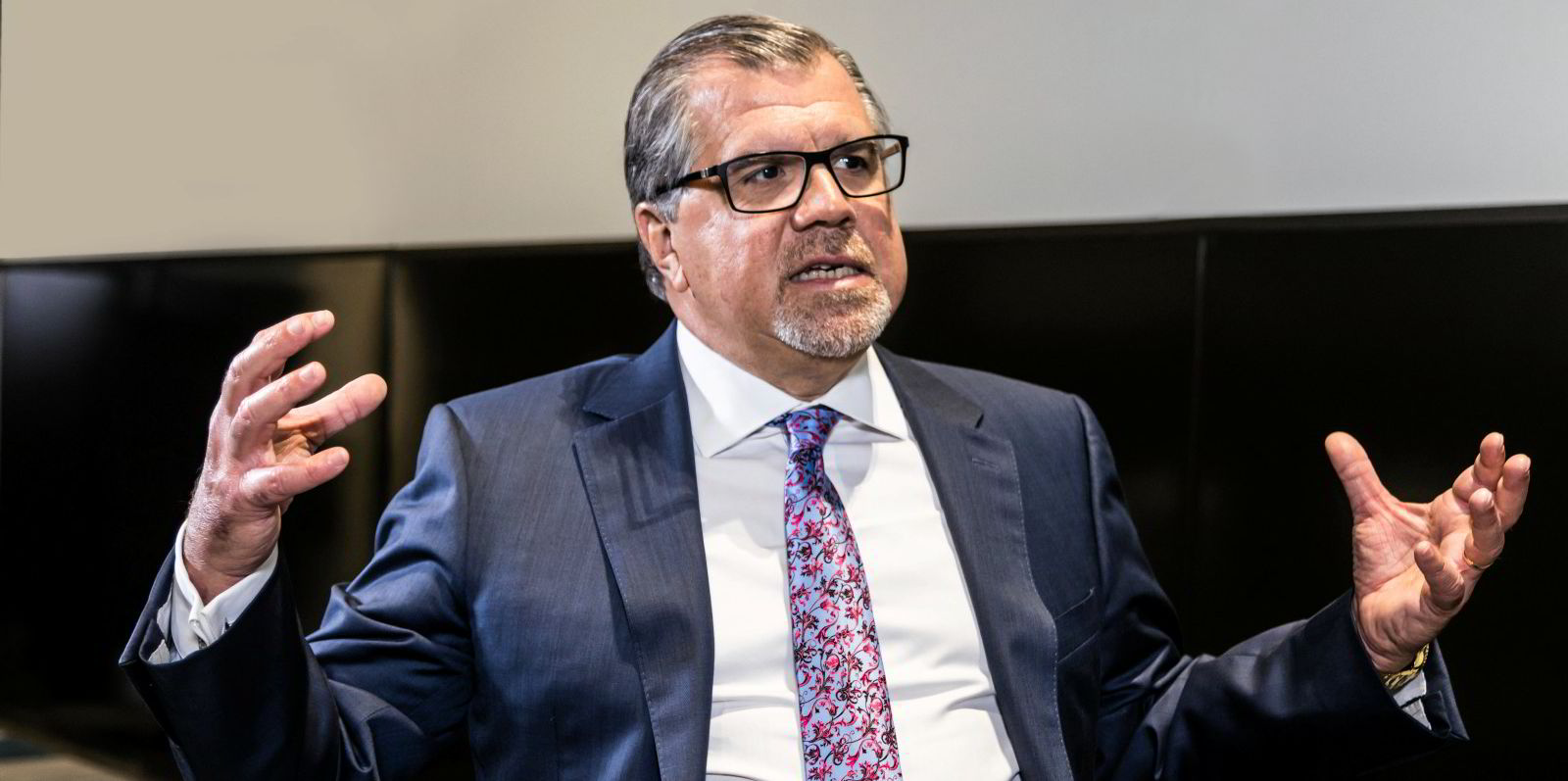Frank Del Rio made a reference to spuds while affirming that Norwegian Cruise Line Holdings will never lower prices to boost ticket sales as it claws its way back from the pandemic.
He said the New York-listed company has never done that, pointing out that other cruise providers that did so during the 2008 Great Recession have yet to regain the booking yields they enjoyed before the downturn.
“We were shut down for 18 months or so, and the recovery is not instant mashed potatoes because we’re here for the long run and our disciplined pricing strategy is proof of that,” the chief executive told analysts on Tuesday during a second-quarter earnings call.
“If you want instant mashed potatoes, you got to go elsewhere.”
On the contrary, Del Rio said he is managing Norwegian for long-term success by maintaining strict pricing discipline, while pent-up demand has resulted in 40% more ticket sales compared with 2018.
The company has raised its ticket prices by 18% since 2018, while its peer raised their prices by only 1%, according to a financial presentation.
“I’m not willing to mortgage the company for 10-plus years in order to window-dress next quarter or so. I just won’t do it,” he said.
“I’ve been doing this for 30 years. I’ve managed cruise companies in good times and bad times, and I am convinced beyond a shadow of a doubt that you don’t sacrifice the long-term pricing power of your brand in order to achieve short-term load factor gains.”
Brandt Montour, an analyst with Barclays who questioned Del Rio on Norwegian’s pricing strategy, agreed with the starchy metaphor.
“We don’t like instant mashed potatoes either,” he said.
Although Norwegian is still posting huge quarterly losses, along with the rest of the industry, its pricing policy seems to be helping financial results.
The Miami-based owner collected $1.4bn in revenue for the second quarter versus $4.4m during the same period last year. Six-month revenue improved to $1.72bn.
But the company is still well in the red, recording adjusted losses of $478m for the second quarter against a $715m loss a year earlier.





